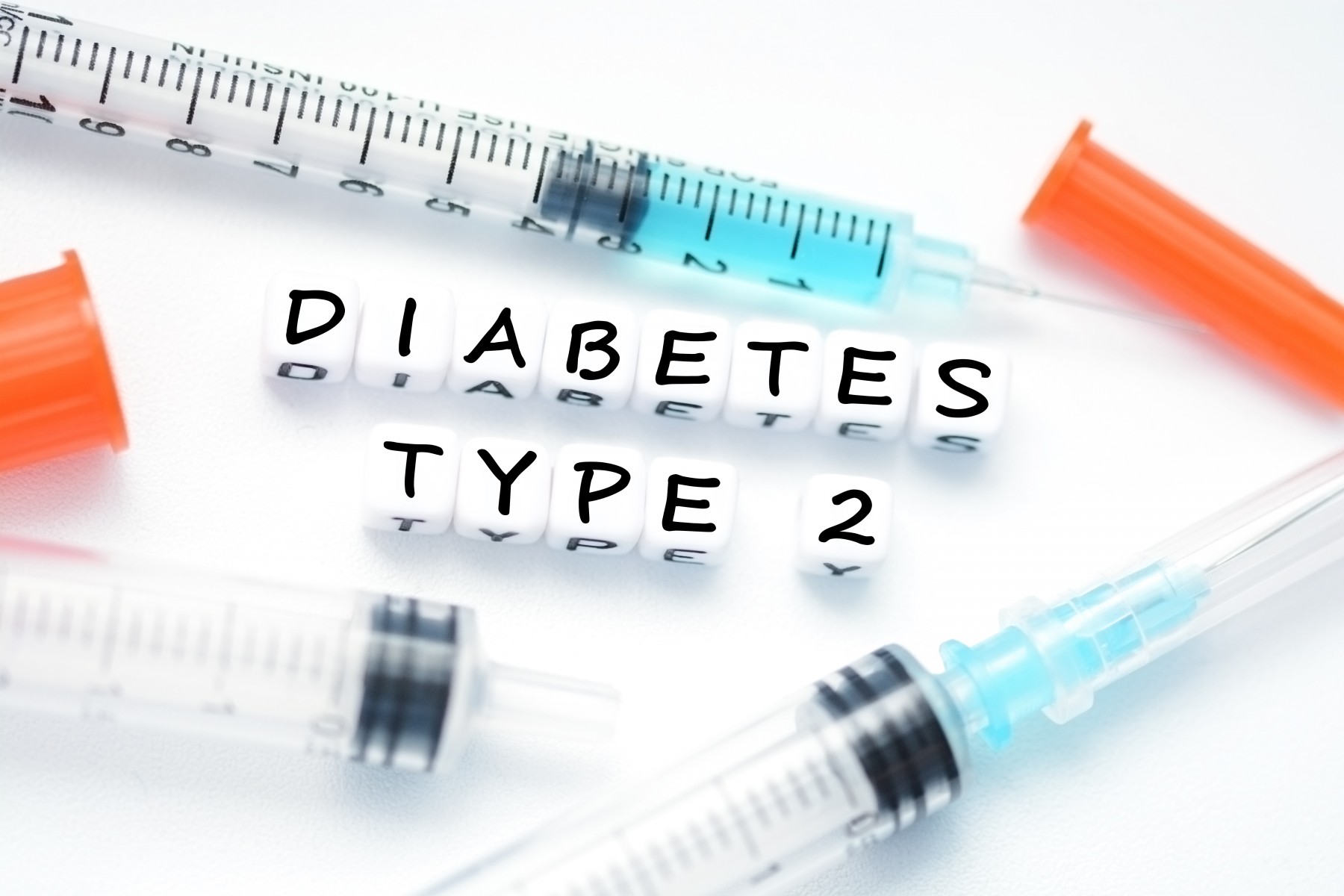Learning about the early symptoms of Type 2 diabetes can save your life.
 Type 2 diabetes produces a long list of symptoms. However, many of these may seem harmless or too mild that you may just end up ignoring them. If not treated promptly, however, diabetes can lead to severe and life-threatening complications.
Type 2 diabetes produces a long list of symptoms. However, many of these may seem harmless or too mild that you may just end up ignoring them. If not treated promptly, however, diabetes can lead to severe and life-threatening complications.
Understanding the common symptoms of diabetes can save your life. If you happen to experience any of these warning signs, be sure to consult your doctor immediately so you can come up with a diabetes management plan.
1. You urinate more often than usual.
On average, we may urinate around four to seven times in 24 hours. Those with diabetes, however, may find themselves going to the restroom more often than their non-diabetic counterparts.
When the blood glucose levels increase, the kidneys may not be able to keep up with the need to filter all the excess sugar. Hence, the kidneys will try to release all these substances through the urine, along with fluid from the tissues in your body. If left unmanaged, this could lead to dehydration and extreme thirst.
2. You’re always thirsty.
If you find yourself urinating more than usual, which is one of the earliest signs of diabetes, then you’ll be losing a lot more fluid from your body. This leads to dry mouth, excessive thirst, and dehydration later on. Hence, you should also watch out for dry and itchy skin, which is a result of dehydration.
3. You’re always hungry.
Starving all the time? This could point to diabetes, too. When the body is not making enough of the hormone made by the pancreas that allows your body to use sugar (glucose) from carbohydrates in the food that you eat for energy or to store glucose for future use, or develops resistance to it, the glucose that you get from food cannot enter the cells. This will make you feel sluggish and weak, leading to increased hunger and fatigue.
4. You’re losing weight.
Similar to persistent feelings of hunger, sudden and unintended weight loss may also be a result of inefficient glucose absorption due to resistance to the hormone that helps keep your blood sugar level from getting too high (hyperglycemia) or too low (hypoglycemia) or poor production of this hormone. When glucose from the food we eat cannot reach the cells, the body starts to burn stored fat for energy. While weight loss is usually observed before Type 1 diabetes is diagnosed, it may also occur in patients with Type 2 diabetes.
5. Your feet and hands often go numb.
If diabetes is not managed correctly, it can lead to diabetic neuropathy, a result of nerve damage due to excessive amounts of glucose in the blood. It is often associated with numbness and tingling in the feet, toes, hands, and fingers. At times, diabetes patients may also experience sharp pain on those mentioned body parts. It may start as a dull ache and then later progress into unbearable levels of pain.
Around half of all patients with diabetes may experience nerve pain, affecting the quality of their sleep and everyday routine. To manage this symptom, doctors often prescribe pain relievers such as ibuprofen, aspirin, or acetaminophen.
6. Your vision is often blurry.
Blurry vision may be a temporary diabetes symptom caused by sudden spikes in blood sugar levels. When there is so much sugar in the blood, the lenses of the eye may swell, leading to blurry, or sometimes foggy, vision. But don’t worry, as this may be corrected once you reduce your blood sugar down to the normal level as directed by your physician. Nevertheless, it’s always advisable to undergo a complete eye examination upon diagnosis of Type 2 diabetes.
7. You experience more infections in the feminine area.
A 2013 study found a link between high blood sugar level and yeast infection, a condition caused by fungus, which is naturally found in the vagina. However, as yeast is known to feed off sugar, sudden spikes in the blood sugar level may cause yeast to overgrow beyond the normal range, resulting in an infection. Hence, those with diabetes might be predisposed to yeast infections or various types of candidiasis. Thus, female diabetes patients are advised to get checked regularly for infections or any irregularities in the feminine area.
***
Experiencing four or more of the symptoms above is a strong indication of diabetes. If you notice any of these signs, you should immediately consult your doctor to get an accurate reading of your blood sugar level. The sooner that your doctor can make an official diagnosis, the better you will be able to manage diabetes.
